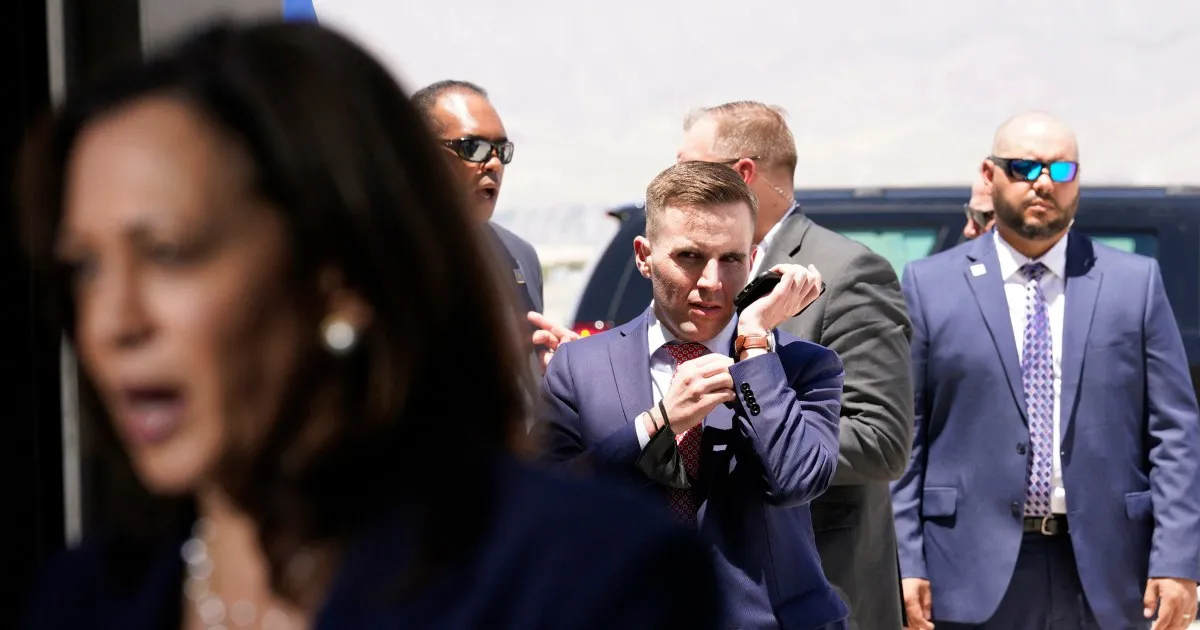
In a surprising move, President Donald Trump has officially revoked the U.S. Secret Service protection that was previously extended to former Vice President Kamala Harris. This significant decision was reported by a senior adviser to Harris on Friday during an interview with NBC News.
The adviser expressed gratitude on behalf of Harris, stating, “The Vice President is grateful to the United States Secret Service for their professionalism, dedication, and unwavering commitment to safety.” This statement underscores the importance of security provided to high-ranking government officials, even after they leave office.
A senior official from the White House confirmed the revocation of Harris’ Secret Service detail, explaining that vice presidents typically receive protection for only six months following their departure from office. This policy is backed by legislation passed by Congress in 2008, which authorized the Secret Service to provide protection to former vice presidents, their spouses, and their children under 16 years old for up to six months after leaving their position.
However, this case takes a different turn as a Secret Service official informed NBC that President Joe Biden had signed an executive memorandum in January, which extended Harris’ protection to 18 months. This extension reflects the ongoing concerns regarding the safety of former officials, especially those who have held high-profile positions in government.
This decision follows Trump’s earlier announcement to terminate Secret Service protection for President Biden's two adult children, Hunter and Ashley. Such actions have raised questions about the consistency of security measures provided to former officials and their families.
It is important to note that federal law mandates that the Secret Service must provide protection to former presidents and their spouses for the rest of their lives, unless they explicitly decline this service. Furthermore, the agency is authorized to protect the children of former presidents until they reach the age of 16, ensuring a level of security for those closely associated with former high-ranking officials.
As discussions continue about the implications of these decisions, the public remains attentive to the evolving landscape of security and protection for former leaders and their families.